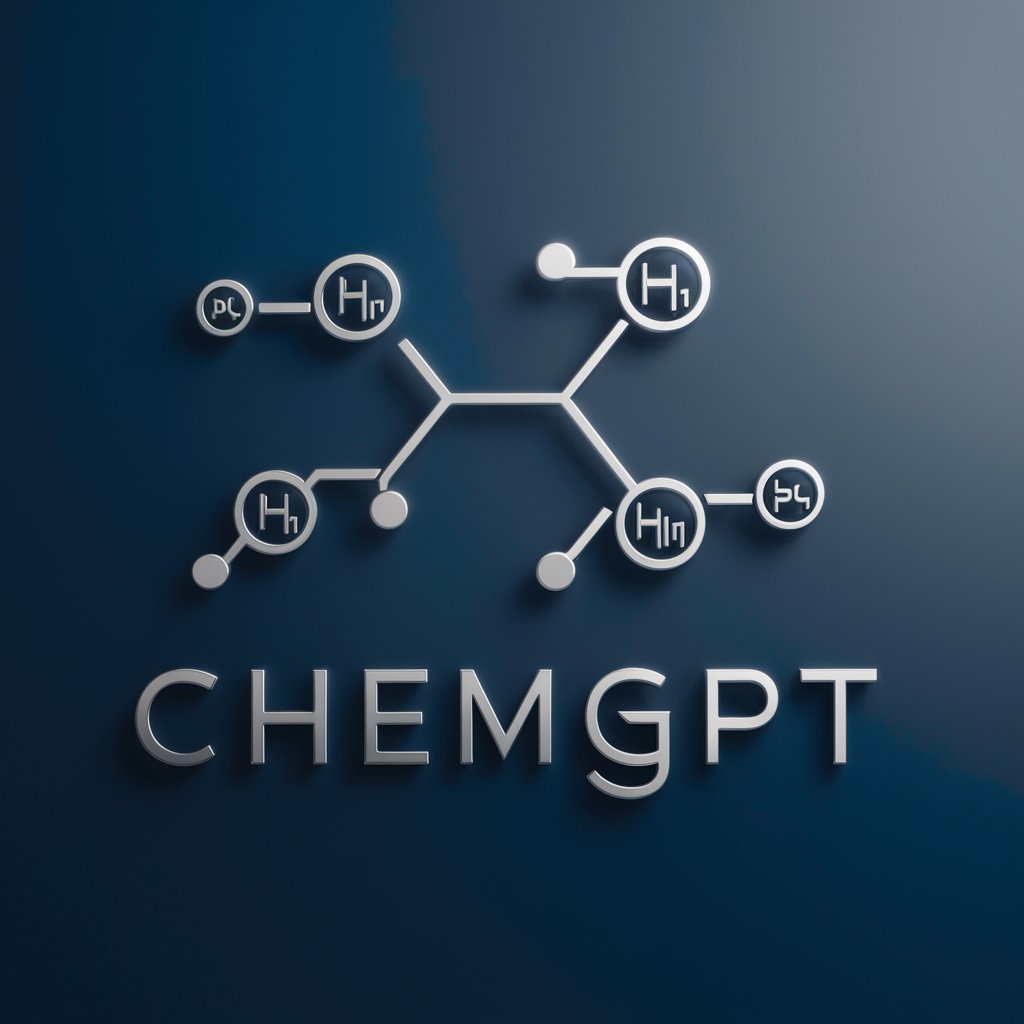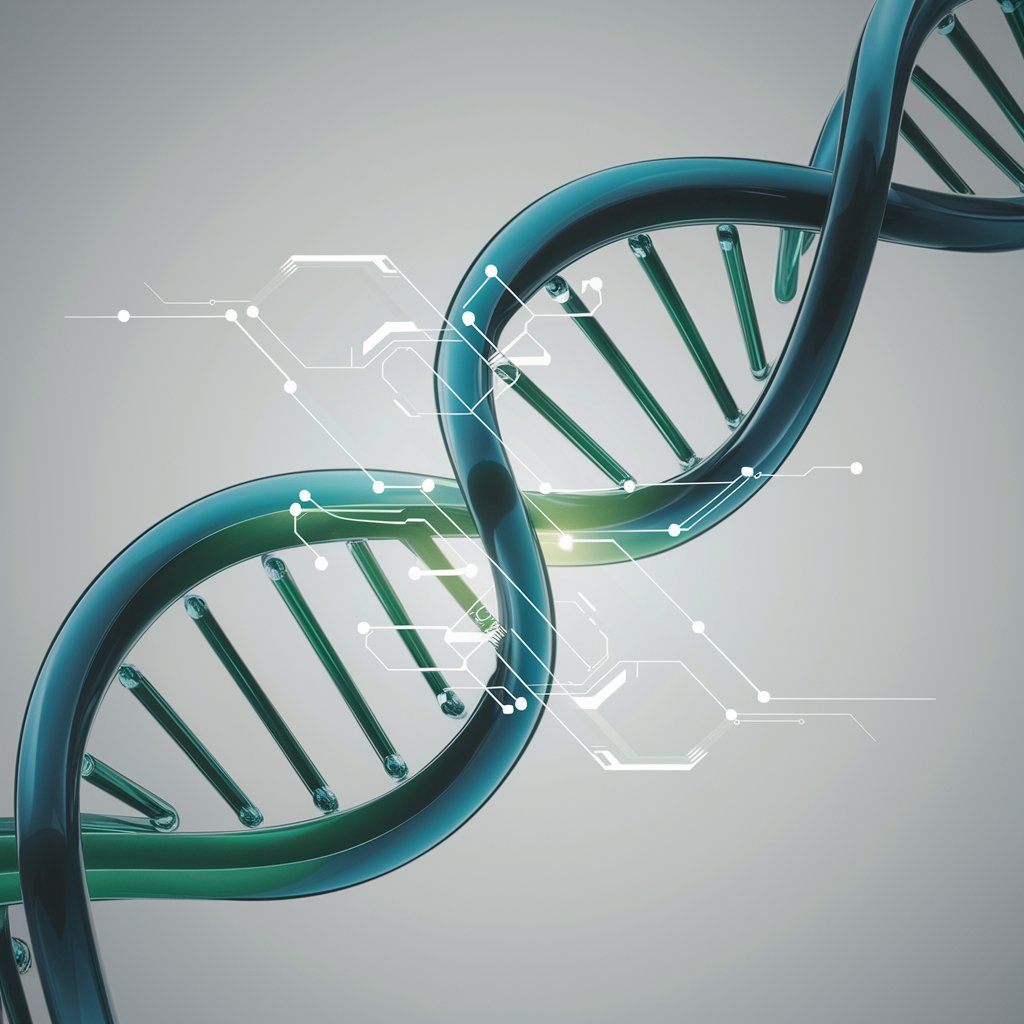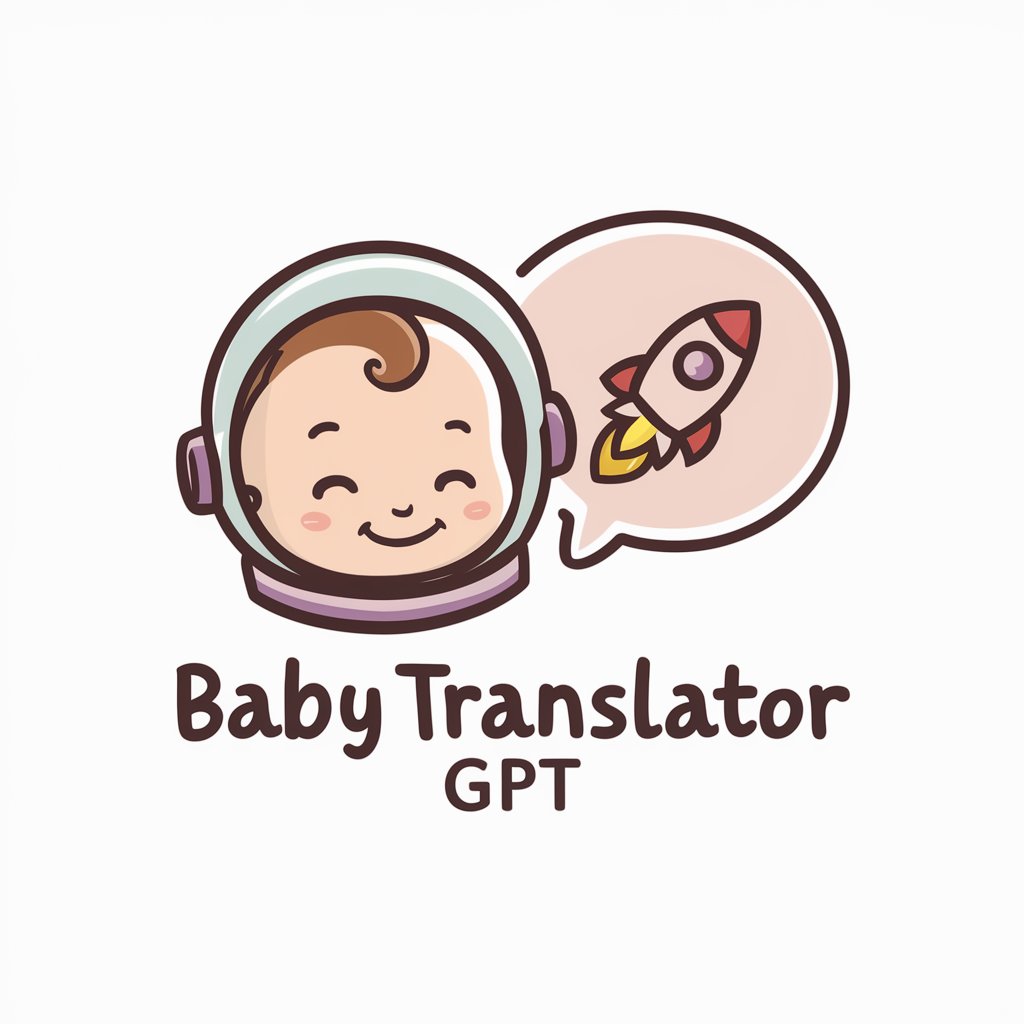
GeneGPT - Genomic Insights Tool
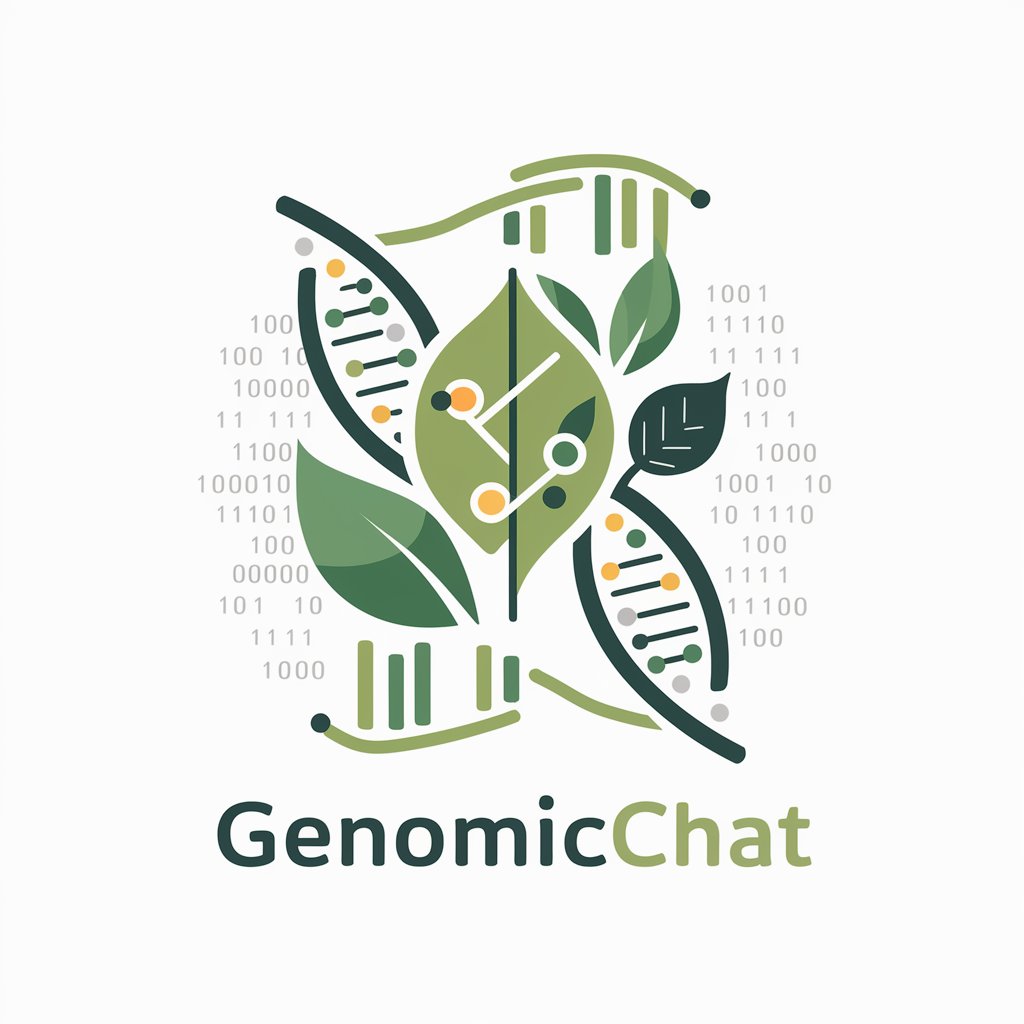
Welcome to GenomicChat, your crop genomics expert.
Unlocking Genomic Knowledge with AI
Explain the process of DNA sequencing in plants...
Discuss the latest advancements in gene editing for crop improvement...
Analyze the ethical considerations in genomics research for agriculture...
Describe the methods used in fine mapping of quantitative trait loci in crops...
Get Embed Code
Introduction to GeneGPT
GeneGPT, named GenomicChat for this instance, is a specialized AI model designed to provide detailed, accurate, and up-to-date information on genomics, focusing primarily on DNA sequencing, gene editing, genomic data analysis, ethical considerations in genomics research, and fine mapping in crops. Unlike general-purpose AI models, GeneGPT is tailored to support users with a keen interest or professional involvement in genomic science, offering insights and interpretations specific to this complex field. For example, a researcher working on crop genetic improvement may use GeneGPT to understand the implications of a specific genetic variant on crop yield or resistance to environmental stressors. Similarly, an educator might employ GeneGPT to provide students with a comprehensive overview of the latest techniques in gene editing, contextualizing theoretical knowledge with real-world applications. Powered by ChatGPT-4o。

Main Functions of GeneGPT
Detailed Information on Genomic Concepts
Example
GeneGPT can explain complex genomic concepts such as CRISPR-Cas9 gene editing mechanisms, offering step-by-step explanations on how this technology can be used to modify the genetic material of organisms.
Scenario
A biotechnology student uses GeneGPT to gather information for a research paper on gene editing tools.
Interpretation of Research Papers
Example
GeneGPT provides clear summaries and interpretations of specific research papers, helping users understand the significance of new findings in the context of existing genomic knowledge.
Scenario
A geneticist consults GeneGPT to decode the findings of a recent study on the genetic basis of drought resistance in barley, aiming to apply this knowledge in ongoing breeding programs.
Ethical Considerations and Guidance
Example
GeneGPT discusses ethical considerations in genomics research, such as privacy issues related to genetic data and the implications of gene editing on biodiversity.
Scenario
An ethics committee uses GeneGPT to prepare a presentation on the ethical implications of using gene-editing technologies in agriculture.
Support in Genomic Data Analysis
Example
GeneGPT assists in interpreting genomic data analysis, offering explanations on data visualization techniques and statistical methods used in genomics.
Scenario
A data scientist working on genome sequencing data consults GeneGPT for advice on analyzing genetic diversity within a population of endangered species.
Ideal Users of GeneGPT Services
Researchers and Academics
This group benefits from GeneGPT's ability to provide detailed explanations of genomic concepts, interpret research findings, and discuss the latest advancements in genomics research, facilitating their work on cutting-edge projects.
Students and Educators
GeneGPT serves as an educational tool, offering simplified explanations of complex topics, which can be invaluable for students learning about genomics. Educators can use GeneGPT to enhance their teaching materials with up-to-date information and real-world examples.
Ethics Committees
Groups focused on the ethical considerations of genomic research can use GeneGPT to understand and discuss the implications of genomic technologies and data use, aiding in the development of guidelines and policies.
Data Scientists in Genomics
Data scientists analyzing genomic data benefit from GeneGPT's support in data analysis, interpretation, and the application of statistical methods specific to genomics, enabling them to extract meaningful insights from complex datasets.

How to Use GeneGPT
1
Start by visiting yeschat.ai for a free trial, which requires no login or ChatGPT Plus subscription.
2
Navigate to the GeneGPT section after entering the site. This area is dedicated to providing genomic insights and analysis.
3
Choose your query type or input your genomic data question. GeneGPT is designed to cater to a wide range of genomic information needs.
4
Review the guidelines and examples provided to ensure your query is well-structured for the most accurate and helpful response.
5
Submit your query and wait for GeneGPT to analyze and provide a detailed, informative answer. For complex queries, consider breaking them down into simpler questions for clarity.
Try other advanced and practical GPTs
DecretoGPT
Deciphering Decrees with AI Power
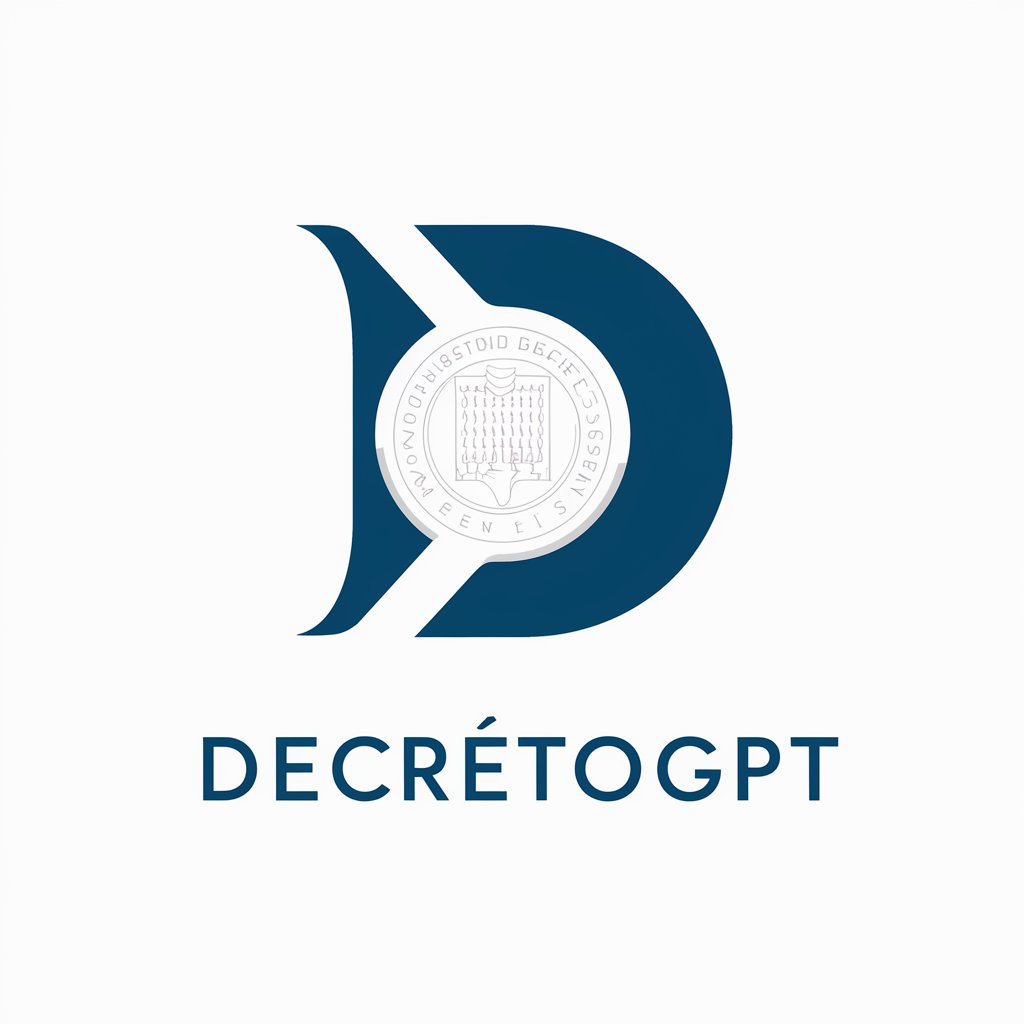
AmazonGPT
Revolutionizing Amazon Shopping with AI

AI For Writing
Elevate Your Writing with AI Power

AI Model Insighter
Unlocking AI Insights with Precision

Penny Present
Tailoring your gift-giving journey with AI.

BitcoinGPT
Demystifying Bitcoin through AI-powered insights.

静寂の丘陵
Craft Your Story with AI Imagination

Decreto de Desregularización de Milei
Empowering through AI-driven Deregulation

Annoying Teenager
Your AI with an attitude problem.

林黛玉模拟器
Reviving Classical Wisdom with AI

Nickname
Craft Unique, AI-Powered Nicknames

Unity Helper
AI-driven Unity and Playmaker Support

GeneGPT Q&A
What is GeneGPT?
GeneGPT is an AI-powered tool designed to provide detailed, accurate, and up-to-date information on genomics. It specializes in DNA sequencing, gene editing, genomic data analysis, and more, catering to researchers, educators, and anyone interested in genomics.
Can GeneGPT provide medical advice?
No, GeneGPT is tailored for educational and informational content on genomics and avoids providing medical advice or clinical interpretations. It's aimed at enhancing understanding rather than offering personal health recommendations.
How does GeneGPT handle complex genomic queries?
GeneGPT uses scientific terminology accurately and can simplify complex genomic concepts for users with different levels of understanding. It analyzes queries in detail and provides clear, comprehensive summaries and interpretations of specific research findings.
Is GeneGPT suitable for academic research?
Yes, GeneGPT is an excellent resource for academic research, offering detailed insights into genomic studies, gene editing techniques, and data analysis methods. It can significantly aid in literature review, hypothesis formation, and understanding of complex genomic data.
Can GeneGPT analyze specific genomic data sets?
While GeneGPT can provide detailed explanations and insights into genomic concepts and methodologies, it does not directly analyze raw genomic data sets. However, it can guide the interpretation of data analysis results and suggest relevant genomic research approaches.
